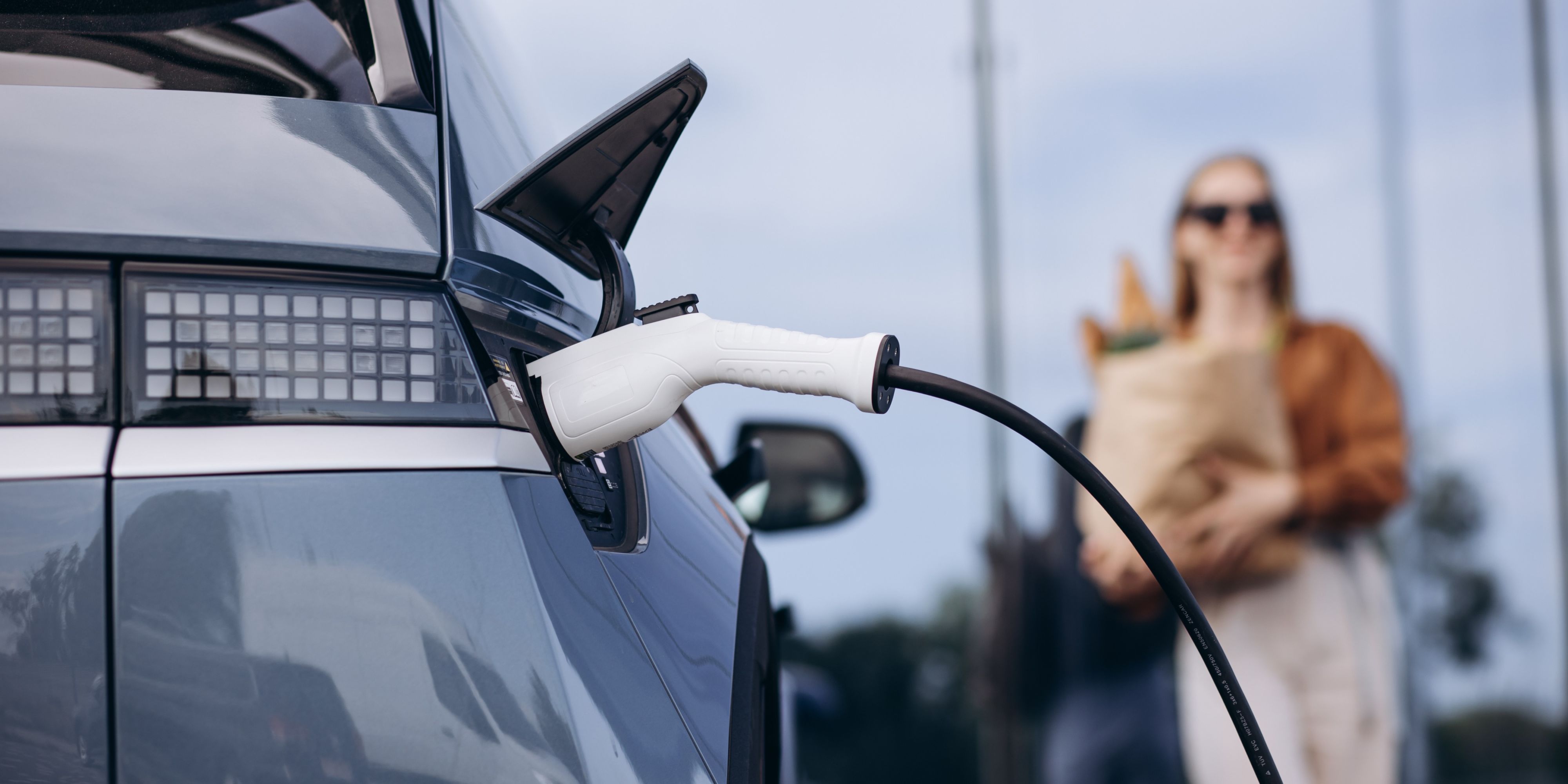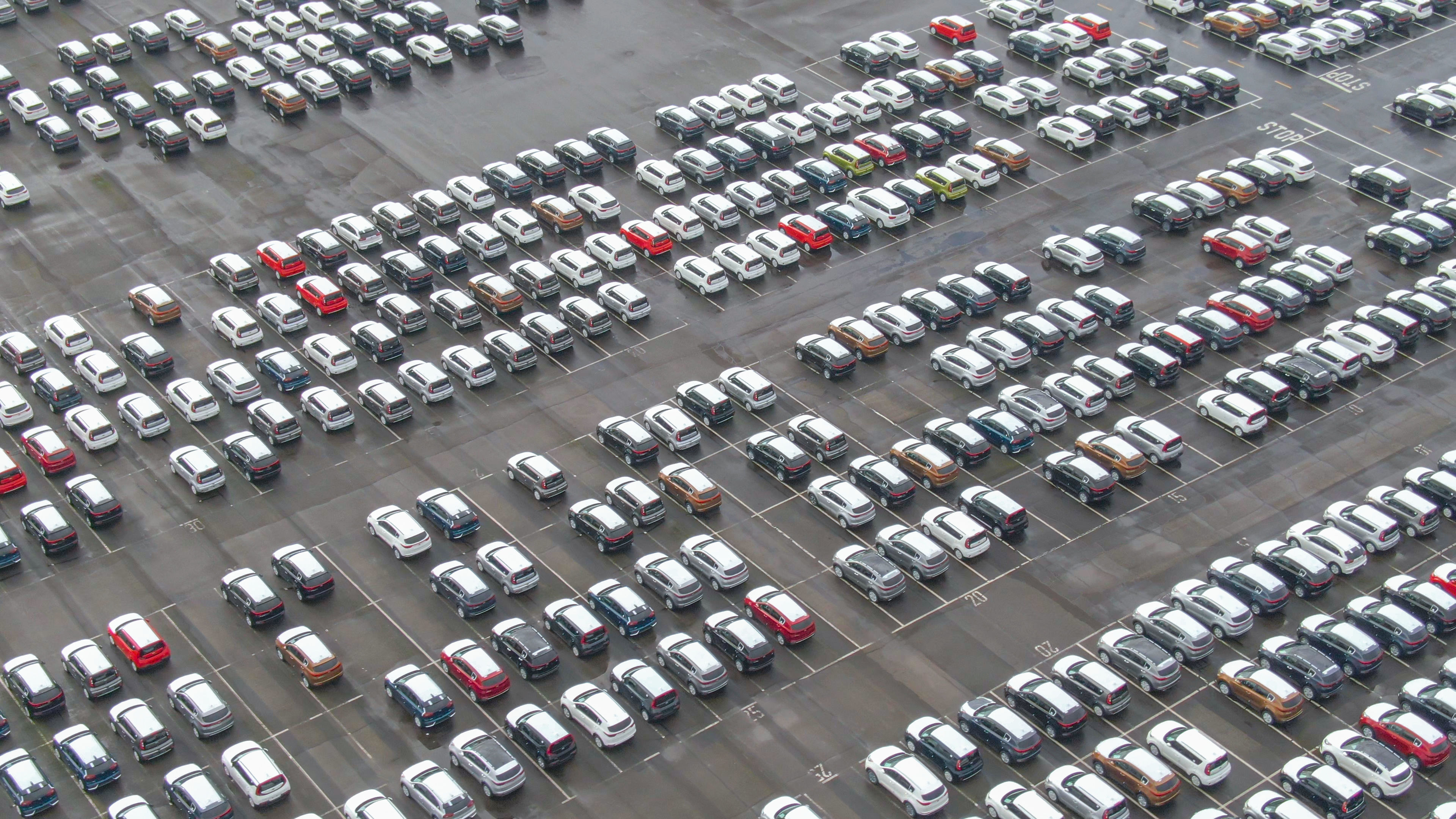The German passenger car market grew by 10 percent in December compared to the same month last year. The Federal Motor Transport Authority registered 311,394 new registrations. The strong finish to the year can also be explained by the expiry of the VAT cut.
For the year as a whole, new registrations fell by 19 percent. There were 2.92 million new passenger car registrations. This slightly exceeded the previous worst year for new registrations (2010). From the international brands, 1,172,400 passenger cars were newly registered between January and December. The market share of the VDIK members thus rose to over 40 percent during this period (previous year: 39 percent).
Reinhard Zirpel, President of the Association of International Motor Vehicle Manufacturers, stated: “Many private customers still bought a car at the end of the year in order to benefit from the VAT reduction. Private new registrations increased by 45 percent in December – almost five times as much as the overall market. However, we expect a difficult start to the year as car dealerships remain closed and December’s results are sure to include some early registrations.”
The private market was the driving force behind the market recovery throughout the second half of the year. Between July and December, new private registrations were up 14 percent compared to the same period last year. By contrast, the overall market lost 3 percent. However, even the private market was unable to make up for the heavy losses of the first half of the year. In 2020, around 160,000 fewer passenger cars were newly registered by private customers than in 2019.
Significant growth rates were recorded by alternative drive systems. According to the KBA, 83,086 electric vehicles were newly registered in December. This included 43,671 passenger cars with battery-electric drive systems (up 660 percent). In addition, 39,107 new plug-in hybrids (up 601 percent) hit the roads.
For the year as a whole, 394,940 electric vehicles (up 366 percent) were newly registered. This means that 13.5 percent of all new passenger cars registered in Germany in 2020 have an electric drive.
By contrast, the market for diesel passenger cars declined significantly in 2020. A total of 820,000 diesel passenger cars were newly registered, a drop of 29 percent. The share of diesel-powered passenger cars thus fell to 28 percent (prior-year period in 2019: 32 percent). 47 percent of all new cars were gasoline-powered.
The commercial vehicle market recorded an increase of 5 percent in December with 31,009 new registrations. For 2020 as a whole, the market declined 15 percent to 349,041 units. Light commercial vehicles up to 3.5 tons were down 12 percent, while new registrations of heavy commercial vehicles were down 26 percent. The market for commercial vehicles also stabilized in the second half of the year. Following a decline of 29 percent in the first half, the second half closed at the previous year’s level.





